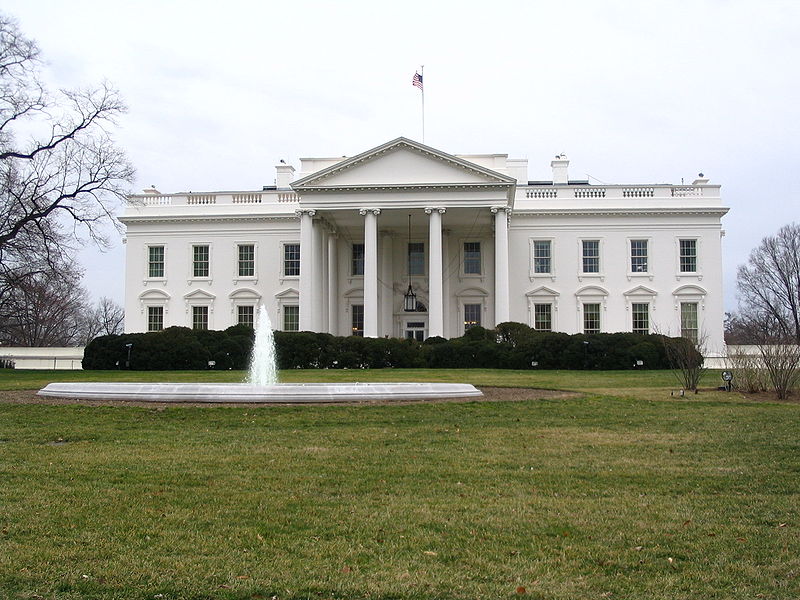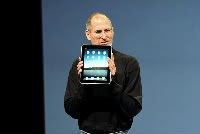By Guest-Blogger Dragmit: A FINAL PLANET WIDE SOLUTION TO RENEWABLE ENERGY
Mankind is literally at an energy crossroads. He has just about half depleted his fossil fuel reserves, and while half does not sound bad, his present rate of consumption is higher than ever. What that means is while his supply is halved, his useable time is much less than half. And it took over ten million years to make all of this stuff! Can we wait in the dark for ten million years for another batch to cook up? Hardly. There is a real sense of urgency in regard to our energy needs today, and the laws of supply and demand prove this every time we fuel up our automobiles, heat our houses, or buy food at the store. And without a real solution, we are going to begin suffering some serious setbacks for humanity very very soon. (more…)






